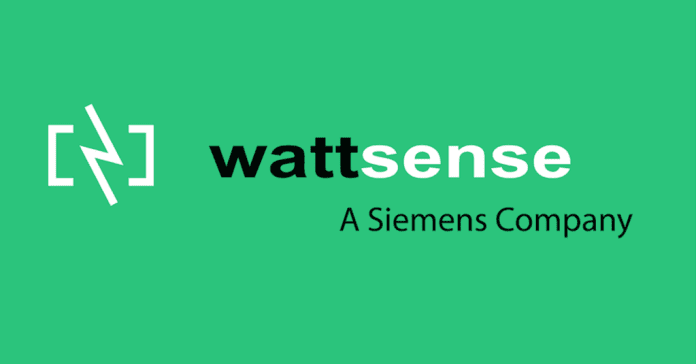Siemens Smart Infrastructure has recently completed the acquisition of French startup Wattsense, a hardware and software company which offers a plug-and-play IoT management system for small and mid-size buildings.
Siemens said that the acquisition will expand the firm?s building products portfolio. Wattsense was started in 2017 and is headquartered in Dardilly, near Lyon, France.
Wattsense optimizes the technical management of small and mid-size buildings with an IoT solution that enables the adoption of energy management practices in facilities with little or no building management system technology.
Siemens also noted that Wattsense allows customers to connect a wide range of devices and make them IoT-enabled. Multi-protocol devices can be onboarded easily before being connected to the cloud and operated in a Software as a Service (SaaS) model, the company said.
?Together with Wattsense we will accelerate the adoption of IoT systems in a wider range of buildings, bringing the sustainability, comfort and cost benefits to more people and businesses,? said Henning Sandfort, CEO of Building Products at Siemens Smart Infrastructure. ?The SaaS business model and innovative technology stack of Wattsense perfectly complement our growing digital portfolio for our customers. We are excited to welcome the talented Wattsense team on board.?
Siemens Smart Infrastructure has more than 2.3 million devices connected to its cloud platform. The business has more than 150 digital applications and offerings within its portfolio.
?Wattsense’s commitment to reducing energy consumption and carbon emissions in the building sector aligns perfectly with Siemens’s vision to create technologies that take society further,? said Louis Vermorel, founder and CEO of Wattsense. ?We are thrilled to join a company with such a rich legacy and innovative culture to scale the reach and impact of our IoT solution.?
For customers in the European Union, the acquisition of Wattsense also supports businesses in complying with the Energy Performance of Buildings Directive (EPBD), which requires buildings in the tertiary sector to be equipped with control and automation systems that improve energy efficiency and reduce CO2 emissions.

